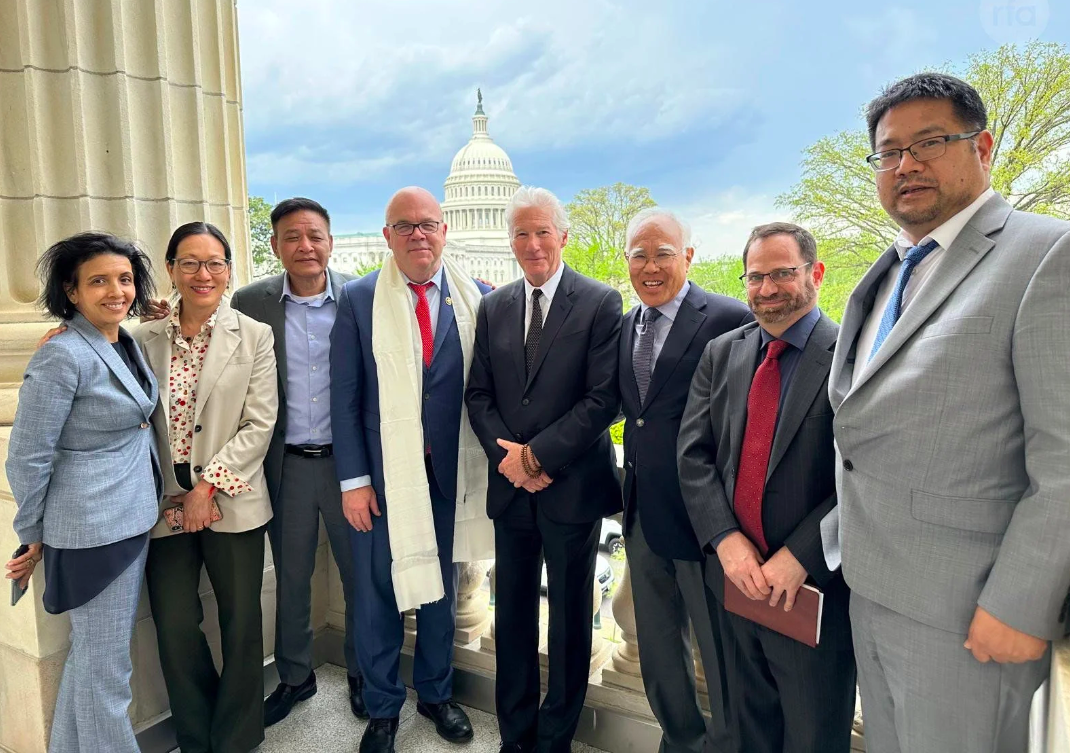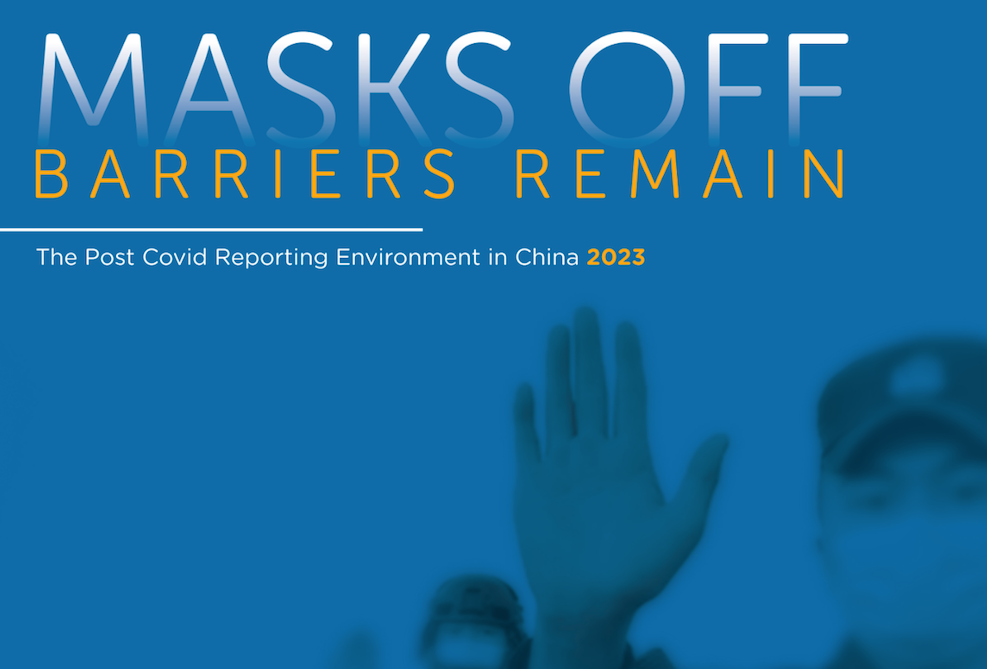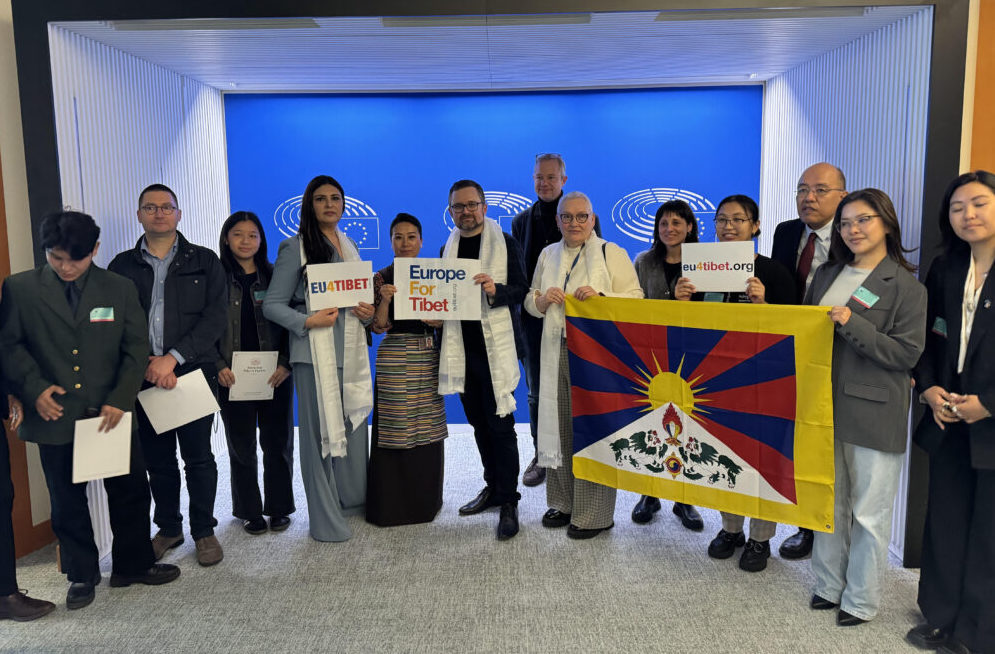By Sang Mota (Sangmo)
For Tibetan women, speaking publicly about Intimate Partner Violence (IPV) is never easy. Across Asian cultures, including Tibetan culture, Intimate Partner Violence(IPV) is regarded as a family secret. IPV is not only considered personally shameful, but cultural norms further dictate that it is a disgrace to the family to speak about such issues outside of the family unit. All women from Tibet share the same value: maintain family harmony through cooperation and self-sacrifice within their traditional roles. Tibetan Women in particular find their identities defined within their roles as daughters, wives and mothers. They live with the expectation that they will sacrifice themselves for their families.
Growing up in Tibet (Amdo), where I lived until I was in my twenties, I have personal, firsthand experience with these realities as a Tibetan woman and IPV survivor. Because they are rarely acknowledged in public, the experiences of IPV survivors like myself gives us a rarely-seen perspective in the discussion of how Intimate Partner Violence affects Tibetan women. Most Tibetan women have little or no knowledge that IPV, as a life circumstance, unacceptable and abusive. Tibetan women who become victims of intimate partner violence have come to accept that belittling, verbal abuse, and beatings are tolerable because Tibetan society condones and normalizes these behaviors. Our community offers battered women no safe space to seek support.
On a positive note, thanks to technology and social media, it has become easier for families and friends to connect regardless of where they live. So it was that in September, 2019, a group of women from different regions inside and outside of Tibet—old, young, educated, uneducated, writers, farmers, and nomads—all came together to create a forum called “Today’s Women” (དེང་གི་སྐྱེས་མ). This forum provided a safe space for sharing on such sensitive topics such as IPV, sexual assault, and more. On this day of last year, through Today’s Women we learned that a tragic IPV homicide had occurred in Draggo County’s Sarkhu village, in the Sichuan Province of Tibet. Tsewang Lhamo was killed by her husband for refusing to reconcile after his affair with another married woman fell apart. Tsewang Lhamo left a 2-year-old daughter behind.
This heinous crime saddened, shocked, and infuriated the members of Today’s Women. Fueled by anger, we felt deeply a call to action. In the wake of this IPV homicide, poems and opinion pieces have been posted on WeChat in the name of Today’s Women. For the first time in history, women from all over Tibet and from outside of Tibet, united to give voice to our grief, anger, frustration while paying tribute to Tsewang Lhamo. To raise awareness within our Tibetan society about Intimate Partner Violence, we have declared October 23rd as Intimate Partner Violence Awareness Day for Tibetan women, coinciding with October’s designation as National Domestic Violence Awareness Month in the United States.
Members of Today’s Women have shared disturbing short video clips that show disturbing incidents such as wife beatings, amused bystanders giggling with their children watching the abuse and being ignored when they cry. Another video shows a man who brought his wife back home to receive beatings from her mother and her brother while her child watched the abuse. Most alarming is that some members from our support group state that IPV incidents are entirely commonplace and go unnoticed in the rural areas of Tibet.
On September 14th of this year, another horrific IPV incident occurred in Gyalwrong (རྒྱལ་རོང་།), in the southwestern Sichuan Province. The ex-husband of a woman named Lhamo ended her life horrifically on September 30, by pouring gasoline on her and burning her to death. Public reactions towards Lhamo’s murder was mixed, and there was denial of any connection of his actions to his Tibetan heritage: some claimed that Lhamo’s ex-husband’s ethnicity was a factor, since he is half Chinese and thus “only” half Tibetan. Others claimed he was entirely ethnically Chinese, and that this contributed to his choice to violently kill his wife. But one fact we do know is that, regardless of the killer’s ethnicity, Lhamo was a Tibetan. Her precious life was taken away and left two young, innocent children without a loving mother to care for them and guide them through life.
For generations, Tibetan women have never had the opportunity to break their silence, because IPV has been a “family secret” and thus a hidden subject. But now, social media provides a platform for women to speak their mind. This is very empowering on one hand, but it exposes advocacy groups to those who would pull victims back into abusive environments. Looking forward, this transparency may affect ability of survivors of IPV to receive services.
I truly hope sooner rather then later, regional and local networks of support and service will be extended, and that awareness of IPV will be raised through education. We must provide IPV trainings to people of all professional backgrounds, and create a 24-hour bilingual hotline (Tibetan and Chinese) for battered women, that connects them with counseling, case management, and so forth. It is crucial for IPV training to include encouragement for our communities to positively shift societal values away from the stigma of victim blaming, to help them to stop the silencing of IPV victims and survivors. I know I am not alone when I say that I am personally looking forward to the day when spousal abuse will not be condoned or tolerated by the Tibetan people under any circumstances.
(Views expressed are her own)
The author has worked as a social worker in the Victim Services Unit of the Kings County District Attorney’s Office. She specializes in domestic violence in the Eastern Asian population. She has her Master’s Degree in Social Work from Hunter College. Currently, she works as a Real Estate salesperson at Douglas Elliman in New York. She lives in Manhattan with her husband.











4 Responses
I am deeply saddened & frustrated by this bastard action, he should executed & Lhamo’ spirit should haunt him forever.
Yes pls talk i’m listening.I would like everyone to talk about abuses inflicted on girl, boy, men women and all gender. I know that more women face abuse but men do not talk about their abuse.
As Tibetan woman, speaking to Tibetan men, please hold space, have conversation, let’s each change this for our and next generations
Love should not include violent actions with physical or verbal harm. Especially if we are religious and compassionate Buddhists.
I’m Chinese & I don’t ever treat any women like that ever. I just don’t understand why some culture such behavior still tolerated??? I really feel sadden by Lhamo death & wished I was there for her. Another thing I didn’t get it was her father was at home at the time, how could he not heard or not prevent this from bad to worst????